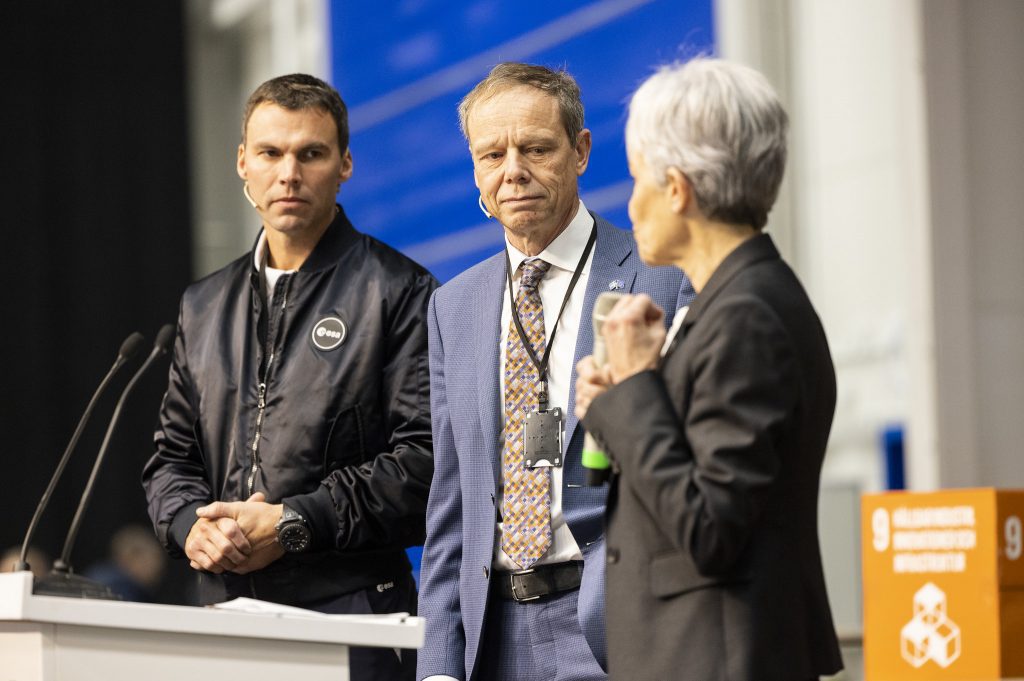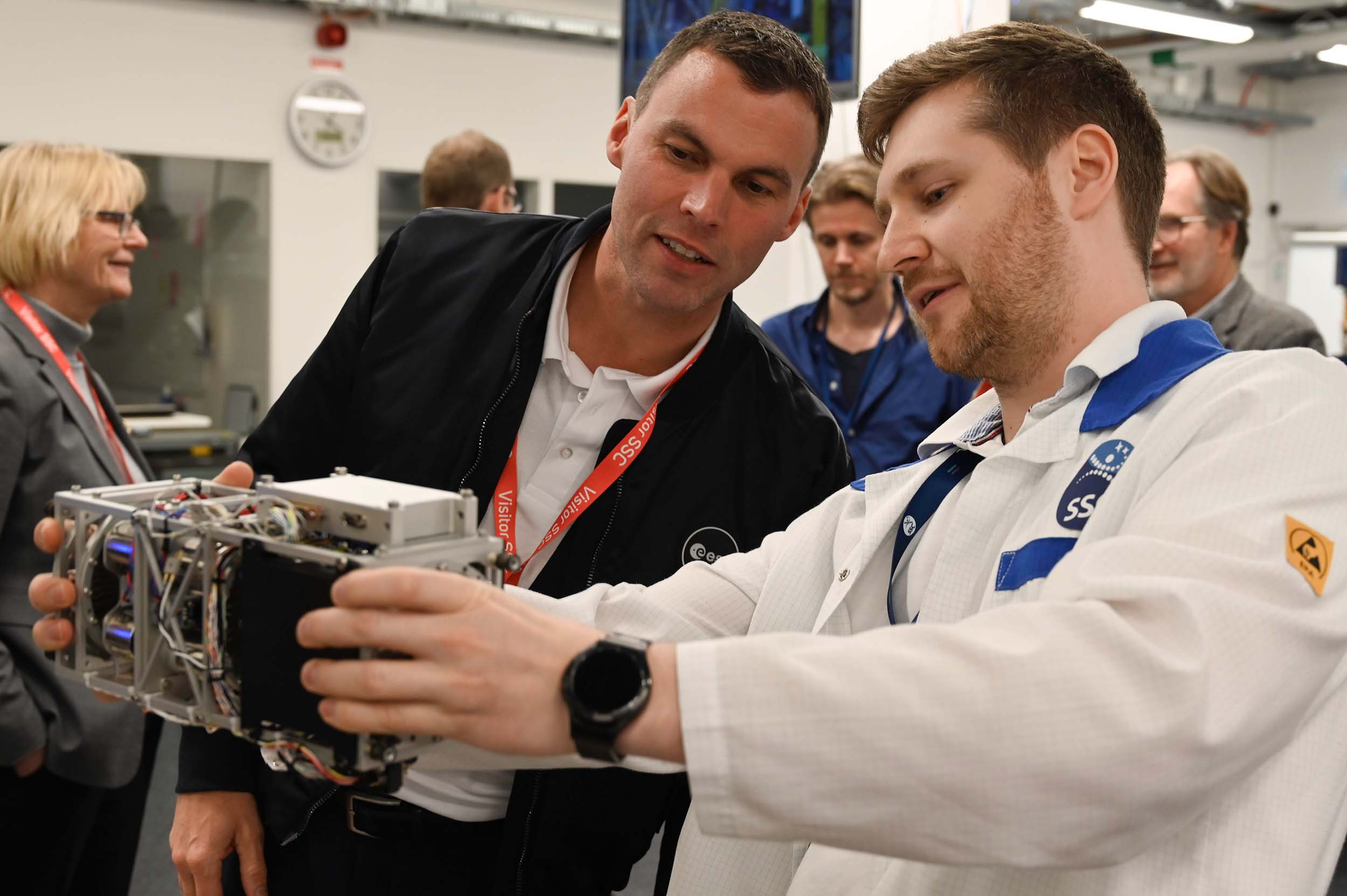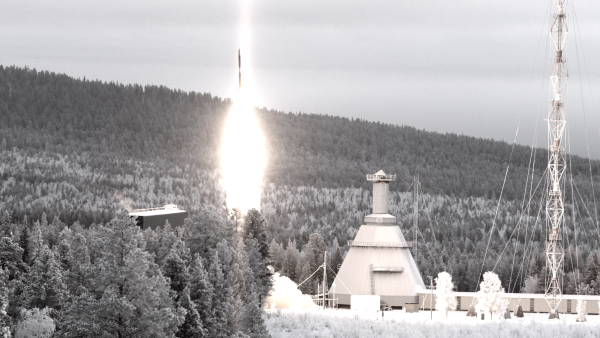Swedish astronaut Marcus Wandt has brought several experiments to ISS, one which has previously flown on suborbital rockets from Esrange Space Center.
On 18 January Marcus was launched to Space in the Dragon spacecraft, together with three other astronauts. On 20 January they successfully docked with the International Space Station (ISS).
Marcus will spend up to 14 days in orbit conducting science and technology experiments and running several educational activities. One of these projects deals with stem cell research and is led by Elena Kozlova, Professor at Department of Immunology, Genetics and Pathology at Uppsala University. This experiment was previously sent into Space twice from Esrange on SSC’s microgravity missions, exposed to a few minutes of microgravity. The mission has shown that stem cells gain a greater capacity to divide and develop into mature cells than under normal conditions on Earth. The aim with the research is to understand how the influence of microgravity on these cells can contribute to their use for medical purposes, for research of generative deceases like Alzheimer and Parkinson decease.
We look forward to following Marcus Wandts mission until its conclusion. And we reflect with great joy on our collaborative journey this far. Apart from this experiment mission it has included:
Spaceport Esrange
Together with Christer Fuglesang and Claudie Haigneré (image below), Marcus Wandt was one of the three astronauts that inaugurated Spaceport Esrange, EU mainland’s first orbital launch site in northern Sweden. Shortly after, he commenced his astronaut training.
Office visit (top image)
In January 2023, Marcus Wandt visited our offices in Stockholm, Solna, providing us with a valuable opportunity to share insights into the cutting-edge research activities taking place in our lab. This location stands as one of our many global sites, each contributing to our diverse and innovative work across the world.



